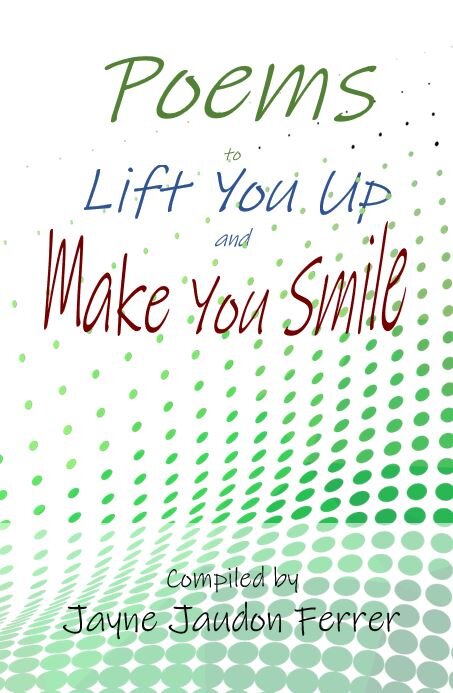| |
|
O marvel, fruit of fruits, I pause
To reckon thee. I ask what cause
Set free so much of red from heats
At core of earth, and mixed such sweets
With sour and spice: what was that strength
Which out of darkness, length by length,
Spun all thy shining thread of vine,
Netting the fields in bond as thine.
I see thy tendrils drink by sips
From grass and clover's smiling lips;
I hear thy roots dig down for wells,
Tapping the meadow's hidden cells.
Whole generations of green things,
Descended from long lines of springs,
I see make room for thee to bide
A quiet comrade by their side;
I see the creeping peoples go
Mysterious journeys to and fro,
Treading to right and left of thee,
Doing thee homage wonderingly.
I see the wild bees as they fare,
Thy cups of honey drink, but spare.
I mark thee bathe and bathe again
In sweet unclaendared spring rain.
I watch how all May has of sun
Makes haste to have thy ripeness done,
While all her nights let dews escape
To set and cool thy perfect shape.
Ah, fruit of fruits, no more I pause
To dream and seek thy hidden laws!
I stretch my hand and dare to taste,
In instant of delicious waste
On single feast, all things that went
To make the empire thou hast spent.
This poem is in the public domain.
|
.jpg)
Helen Maria Hunt Jackson (1830 - 1885) was born in Amherst, Massachusetts, and was a friend and classmate of Emily Dickinson. Gifted and prolific in all genres, Helen was best known as a passionate defender of Native American rights; one account refers to her as "the most brilliant, impetuous and thoroughly individual woman in her time." She hoped her novel, Ramona, would impact society as much as Uncle Tom's Cabin, a novel written by her friend Harriet Beecher Stowe. Ultimately, it did--though Helen didn?t live long enough to realize it; a play based on Ramona has been performed in California every year since 1923. For all her success as a writer, Helen suffered much personal tragedy; she was plagued with poor health for most of her life, lost both parents before she was eighteen, lost her first husband to a war incident, and watched both of her sons die from illness.
 Buy Now Buy Now Buy Now Buy Now Buy Now Buy Now Buy Now Buy Now Buy Now Buy Now Buy Now Buy Now
|
|
|
There are no comments for this poem yet.
|
|
|




.jpg)





